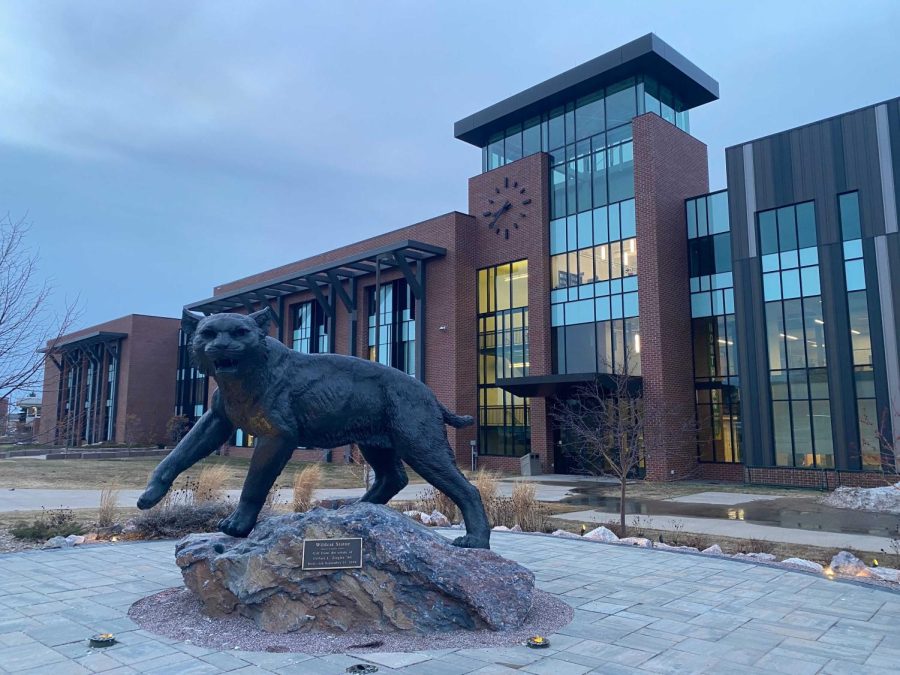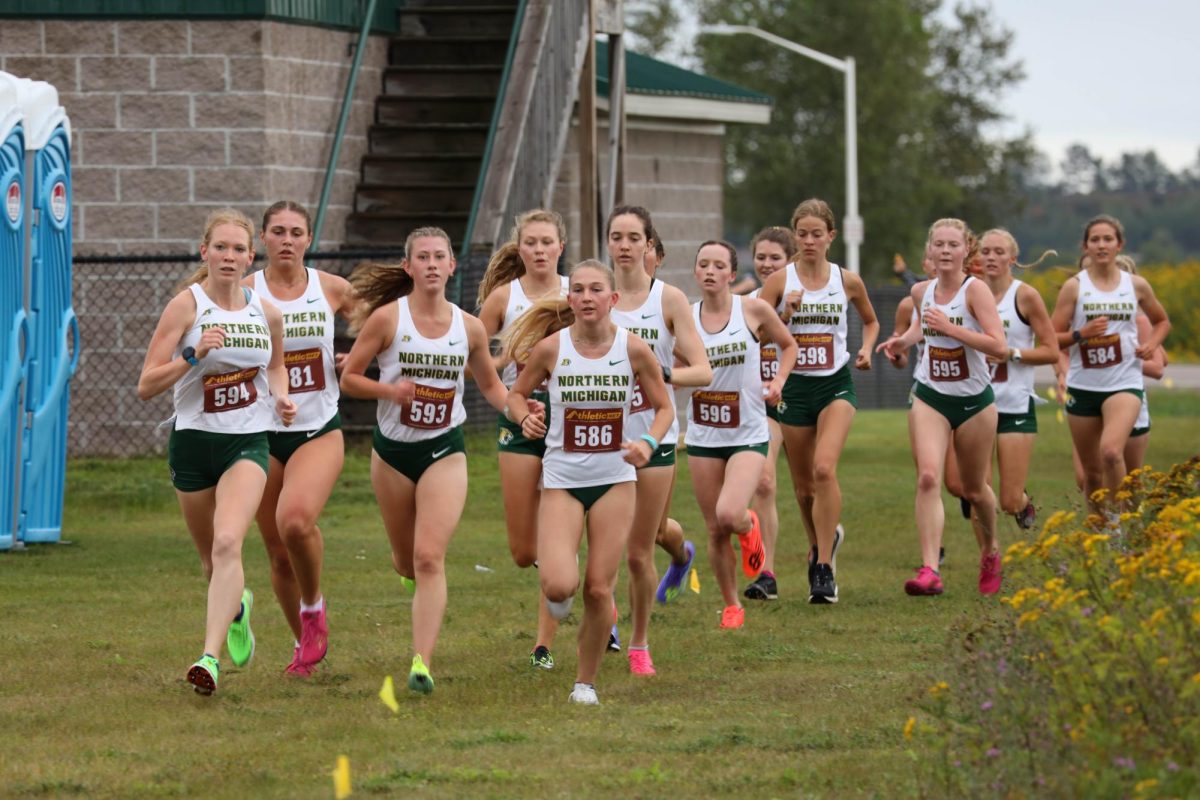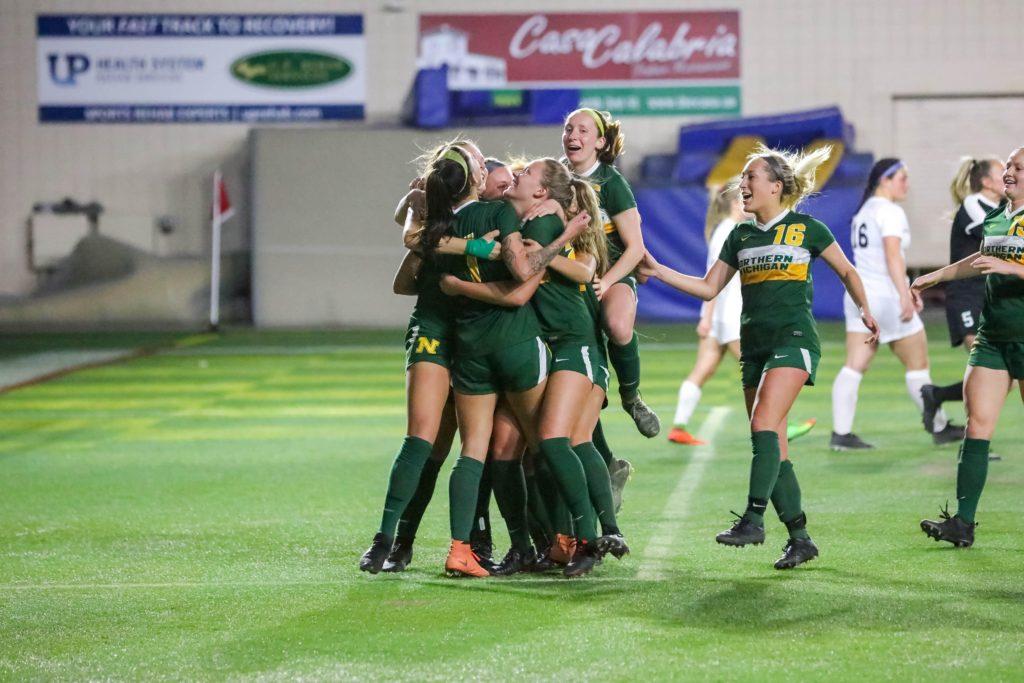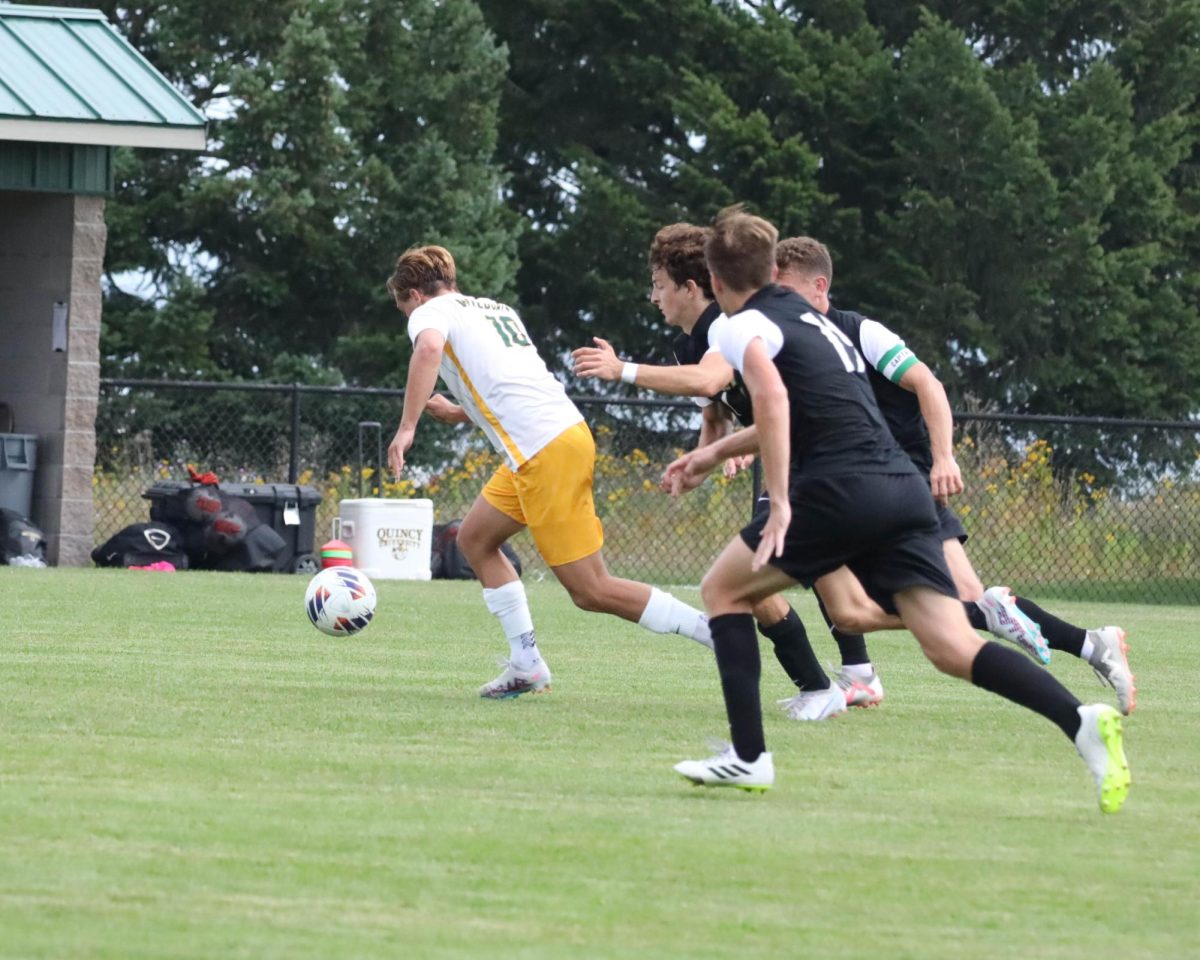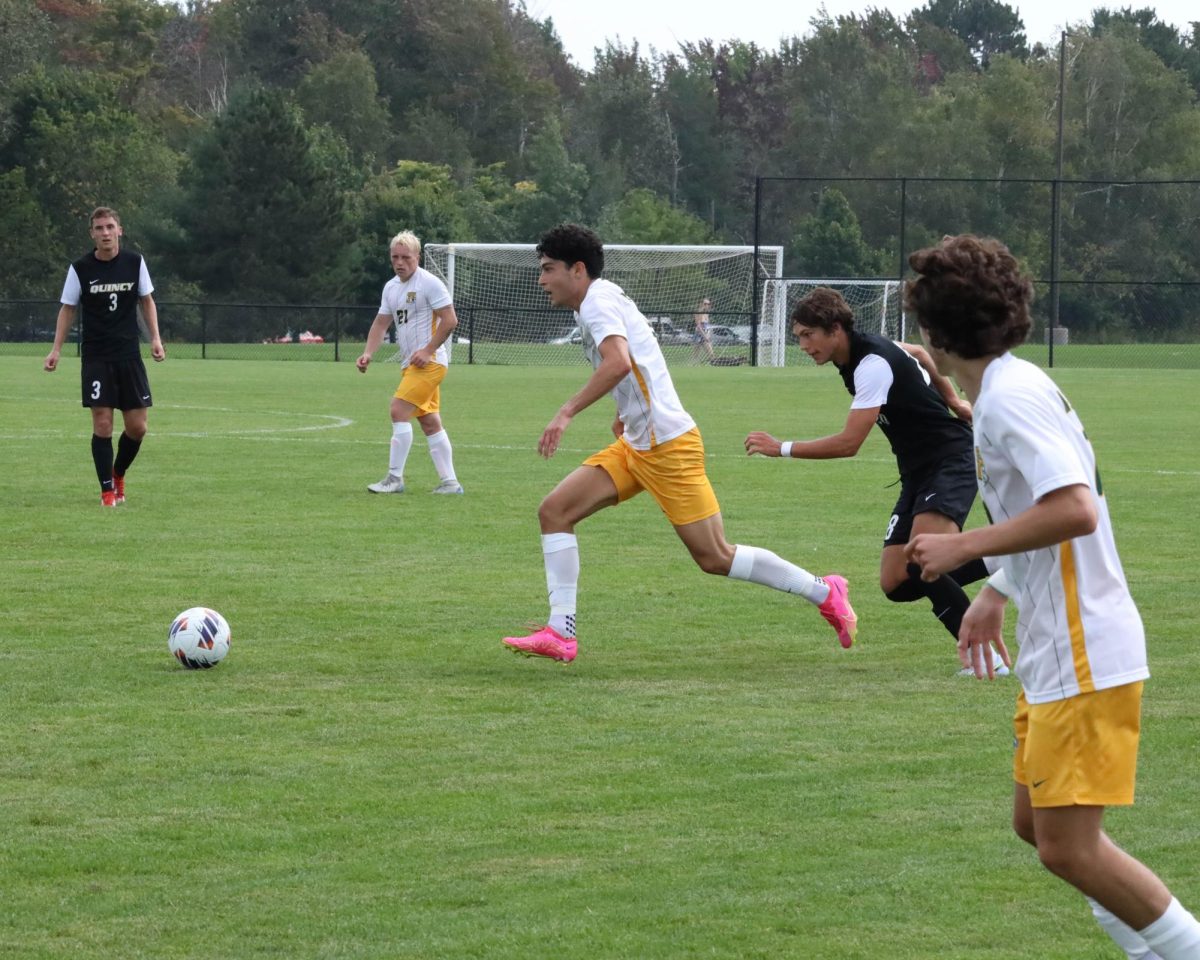Voters turned out in droves for a record-breaking Michigan Primary election last week, which catapulted Bernie Sanders to victory over the leader in the polls, Hillary Clinton.
Sources, including NMU College Democrats Vice President Connor Raak, are crediting Sanders’ win to millennial voters.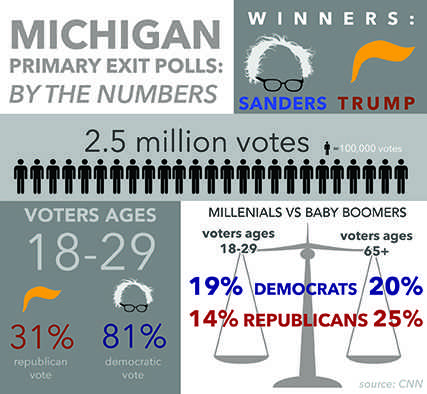
“If it wasn’t for young voters and college students voting, we would not have seen the victory that Bernie had,” Raak said. “We are one of the largest voting blocs in the country right now.”
Voter turnout records for the state were broken with over 2.5 million votes cast, according to the Secretary of State’s Office. The previous presidential primary record stood at 1.9 million voters and was set in 1972. In Marquette County alone, 16,714 votes were cast for a 34.13 percent turnout rate. The last Michigan Primary in 2012 reported only an 11.22 percent turnout rate.
Bernie Sanders won for the Democrats with a final percentage of 49.8, winning him 67 delegates. Donald Trump won for the Republicans with 36.5 percent. In Marquette County, Sanders won with an even greater gap, earning 61.7 percent of the Democratic vote, while Donald Trump also won again with 32.84 percent of the Republican vote.
In an article by Kira Lerner in the online publication Think Progress, the author credited Sanders’ upset of Clinton to his “securing a larger share of voters of color than he has ever before and significantly winning young voters, who came out in record numbers.”
Both the NMU College Republicans and College Democrats have been working hard to register and inform young voters and encouraged them to participate in the primary election, as well as the general election. In mid-February, the student organizations came together to host Poli-Palooza, an event aimed to engage students in learning about the 2016 presidential candidates.
Jacob Ogea, president of the NMU College Republicans, said this collaboration is important to informing students across campus.
“We work together to try to inform because there are Republicans and Democrats on campus, and we want to encourage people to be involved,” Ogea said. “An informed electorate is a better electorate. Not everyone in this world has the freedom to choose their leaders and help make decisions.”
By informing and registering students, regardless of their political party, Ogea said he hopes they are helping to get young people engaged in the political process.
“Young voters do play an important role, but they don’t always have the same participation rates as older people due to a lower level of confidence in their government,” Ogea said. “People believe they can’t change the system so they don’t participate, but participating is exactly what they need to do to make a difference.”
Sara Spragg, communications director for the College Democrats, also stressed the importance of millennials’ participation in national elections.
“Our generation is going to be the most affected by the decisions of our next president,” Spragg said. “It is important for us to participate if we want our voices heard.”
Raak added that millennials are passionate about issues that the country is currently facing and will affect the country in the near future.
“We care about so many issues,” Raak said. “Millennials truly care about the environment and college affordability, and if we do not get involved in the process we won’t have a say in who has the power to fix these problems.”
In Michigan exit polls as reported by CNN, The number of 18-29 year old voters compared to 65 and older voters was much more even than in past years. Sanders won 81 percent of the 18-29 age group, which made up 19 percent of respondents. Clinton won 69 percent of the 65 and older age group, which made up 20 percent of respondents. Overall, the 18-44 age group made up 45 percent of voters, and Sanders won 65 percent of this age group. On the Republican side, Trump won across all age groups.
Both the College Democrats and the College Republicans are continuing their efforts in promoting politically informative content and engaging young voters. Ogea said there will be a class credit opportunity for students interested in political science to enroll in over the summer. The class will be supervised by Thomas Baldini and is a two-credit political practicum during which students will intern for either political party over the summer.
“I’ve worked in this arena before, and it’s a great experience in actual campaign work,” Ogea said.
Additionally, the College Democrats are bringing political comedian Jeff Kreisler to campus March 23, who they say is much like Stephen Colbert or Jon Stewart.










